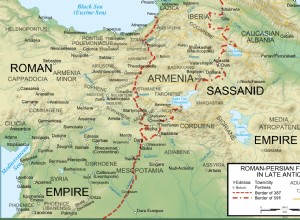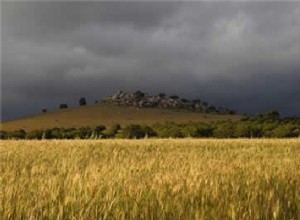Some time ago we published an article on the size of armies throughout history, with a comparison made by the Slovakian cartographer Martin Vargic where it can be seen that, apart from the Chinese case, the number of combatants reached its peak around the year 500 BC and then it was progressively de




